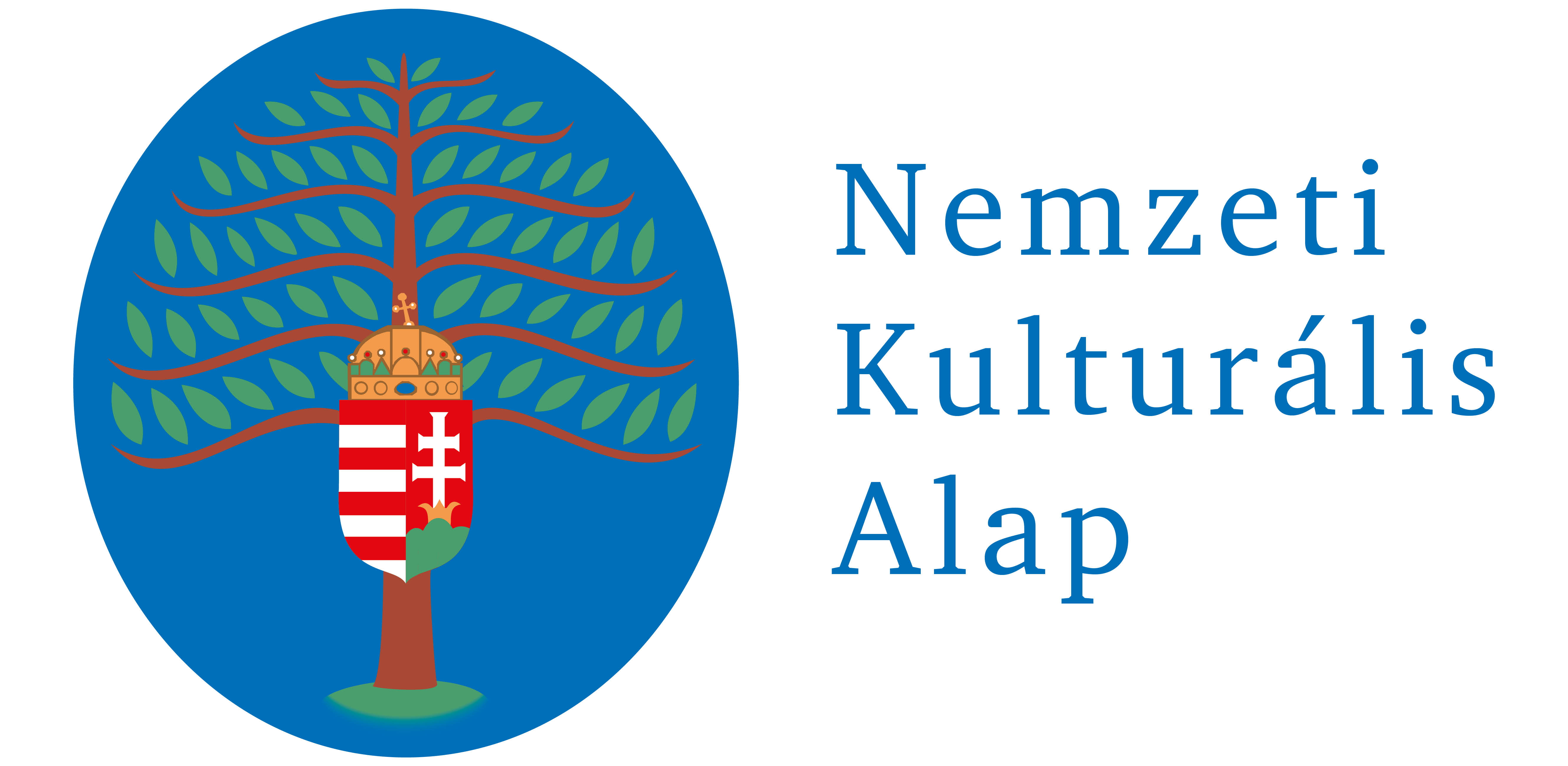Naptár
2024. április 15–19.
2024. április 20.
Eötvös József Kárpát-medencei középiskolai szónokverseny
2024. március–április
A Magyar Nyelvtudományi Társaság tavaszi felolvasóülései
Tovább...
3. 2011.
Abstracts in English
Studies
Koltay, Tibor
Questions and answer about new literacies
Our era is increasingly characterized by texts that appear on digital media. This influences native language skills and language pedagogy. Because of this, literacy can be defined in relation with new technologies, producing thus new literacies, all of which is characterized by the importance of critical thinking and reading. From these forms the oldest and best known one is information literacy, which received little attention in education. Digital literacy that embraces a number of literacies may be more successful, especially if we do not restrict its use to information technology. The most important question, related to new literacies is how language and literacy change, when due to the prevalence of new technologies and the popularity of new media, which uses Web 2.0 technology we express ourselves in mediated spaces.
Bartha, Krisztina
Reading habits of secondary school students in Nagyvárad
Tóthné Szűcs, Éva
Reading habits of high school students in Nyíregyháza
This study introduces the reading habits and the book and library use of secondary school students in Nyíregyháza as well as their free time activities. It is based on a survey that has been carried out among 15–17-year-old students who have been socialized in virtual communities. The survey has confirmed the hypothesis that the demand on printed books is decreasing among students at vocational school, secondary vocational school, and secondary grammar school. Among leisure activities, reading literature stands at the last place, and reading information-oriented texts stands only slightly before that (in the penultimate place). Reading as an activity has become independent from any canons: new types of readers are emerging and new reading habits are developing. In order to raise the level of reading culture, education and the tailor-made development of text comprehension are essential.
Workshop
Csákberényiné, Tóth Klára – Hajdu, Tünde
The oral text production of children at school entrance
Boda, Annamária
Teaching spelling to students with a dialectal background
This study investigates how to teach spelling to students from a dialectal background. It aims to answer the question to what extent spelling mistakes in the writing of students with a dialectal background originate in the dialect itself. According to the hypothesis, spelling mistakes with dialectal origin occur even in the writing of students from the region of Pápa, a region with little dialectal characteristics. The paper examines the spelling of students within a corpus of student compositions collected from 3-12th grades. The study summarizes the dialectal characteristics of the region and of the language variety that students use, then shows their relation to spelling mistakes. Finally, it also provides spelling exercises for the interactive white board.














